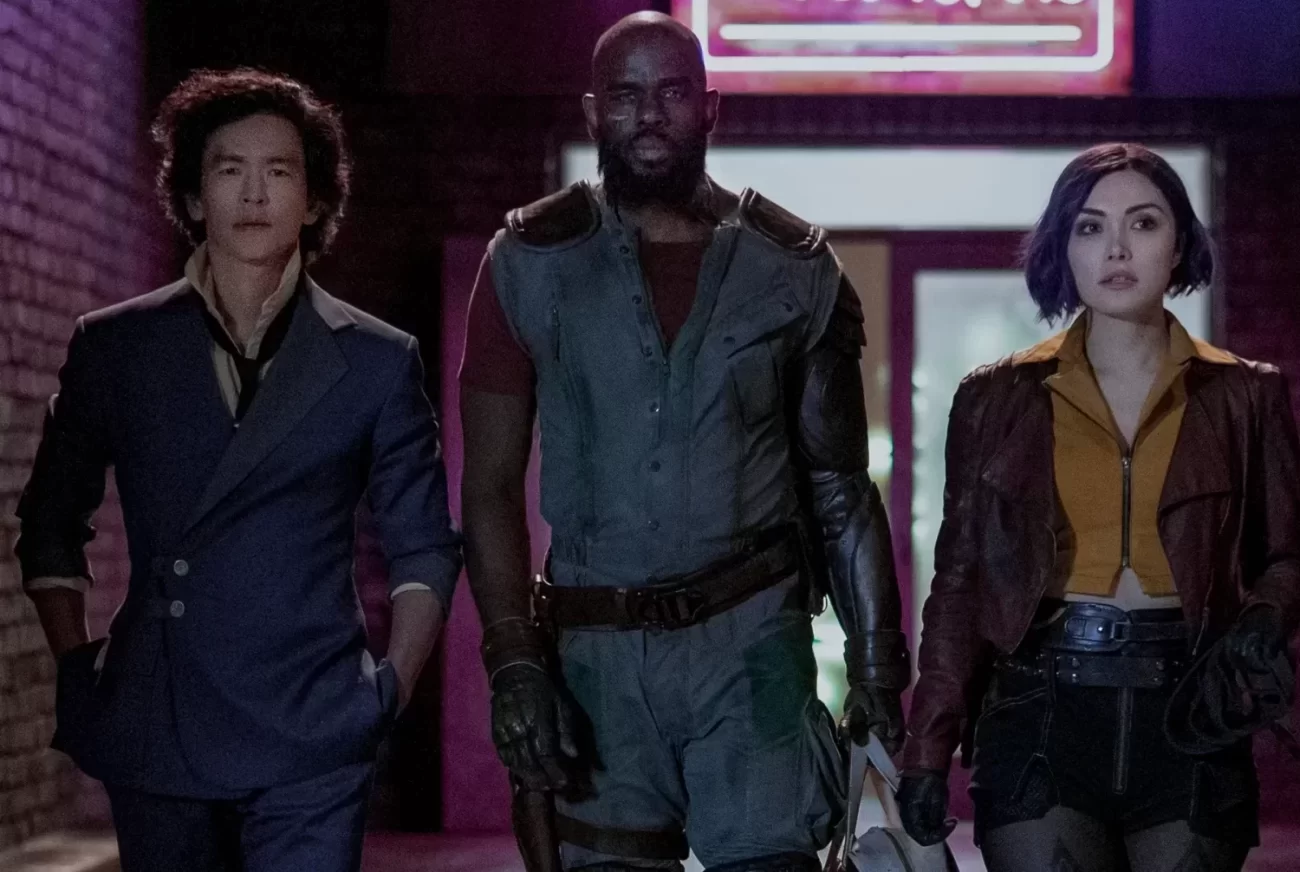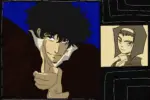To produce an article like this, the author must subject themselves to days of binge watching some of the most mind-blowingly, cringe-inducing content imaginable. Welcome to the world of live-action anime adaptations, please enjoy “Dragonball Evolution” (don’t). They’ve been popping up more frequently in the past few years, and though there are a few standouts here and there, most tend to flop. They can be bland, awkward and lifeless, lacking much of the soul and character that their source material possesses. It’s confusing as to why studios even bother trying, which prompts two questions: what makes these projects fail, and why are they created in the first place?
Even with the poor response to recent titles such as “Cowboy Bebop,” the entertainment world barrels ahead toward more live-action anime; Netflix has a “One Piece” series and a “My Hero Academia” film in production. While the behind-the-scenes footage released for “One Piece” looks promising, the MHA film is relatively more concerning. Setting aside the declining quality of, and desire for, superhero films amid the MCU-overload, the track record for live-action adaptations for anime is poor. Even Japanese studios struggle to throw together anything that isn’t packed full of unsettling CGI and stymied by cheesy dialogue that should be left behind in the animated realm. Take the “Fullmetal Alchemist” trilogy for example — a truly painful 6-hour viewing experience (10/10 would recommend, they’re bad enough to circle back to being pretty good).
However, American studios truly take the cake when it comes to the depths of low-quality adaptations. With hits such as “Death Note” (also painful, does not circle back), “Dragonball Evolution” (avoid at all costs), and M. Night Shyamalan’s “The Last Airbender” (not technically anime, but close enough and possibly the worst of them all), it’s a wonder that anyone thinks these films are a good idea. But there are a few bright spots of well-executed adaptations of Japanese properties, “My Hero Academia” being one of them. But the emphasis on a property’s execution is what ultimately makes or breaks its success. The 2000 Japanese thriller movie “Battle Royale” brought about such mainstream hits as “The Hunger Games,” “Kill Bill” and “Squid Game” through its influence. Even films like “Edge of Tomorrow” and “Bullet Train” find their roots in manga and Japanese novels. So what exactly sets the good apart from the bad?
With the advent of anime as a mainstream genre, it’s easy to assume that their adaptations are money-grabbing schemes for studios to tap into the love that fans have for their favorite series. Such an approach could require very little effort. If successful, studios could coast on the popularity of a property without paying much mind to details such as art direction, narrative and character development. This appears to be somewhat true, as various companies burn through anime IPs with reckless abandon. However, the creative teams behind each adaptation are often full of people who are devoted fans themselves, so it’s probably best to give them the benefit of the doubt. Love of the source material doesn’t always make for a good adaptation, though.
Take “Cowboy Bebop” as an example, because the first episode by itself reveals each problem that every live-action anime adaptation has ever had, and should serve as a cautionary tale for all adaptations to come. While “Cowboy Bebop” ranks fairly high on the list of the most easily adaptable anime, that isn’t saying much — anime is generally very difficult to adapt. The art form can be resistant to successful adaptation since fans are initially attracted to the art style of the original. Furthermore, because many of the action sequences within anime aren’t physically possible in real life, they end up looking — to put it bluntly — inherently less cool. “Cowboy Bebop” is relatively grounded in its sci-fi setting, simple but beautiful in its world, exciting in its fight choreography and poignant in its themes. While the series has its moments of weirdness and campiness like most anime, it seems that the Netflix live-action version emphasized those aspects over the subtleties that make Bebop so beloved.
When watching Netflix’s “Cowboy Bebop,” it’s difficult to care about John Cho’s take on Spike Spiegel, or its ham-fisted introduction of the overarching plot. There is an ironic lack of depth and realness to the world of this new 3-dimensional, live-action version. There is no suspense in the narrative, no consistency in the worldbuilding and no believable emotional substance. It failed to capture the essence that made the original good. One-to-one adaptations are uninspired and generally impossible. The world is free to explore as directors and writers see fit, just try to know what the original story is about first and make sure that character development is rooted in the source material.
So why are we still making anime adaptations? They anger multiple fanbases by “disrespecting” the original material, and their poor performances indicate that they fail to bring in new audiences. Who needs them? Anime certainly doesn’t; it’s more popular than ever. The greatest anime series deliver meaningful messages in an entertaining and aesthetically pleasing package; their adaptations on TV and in cinema can do the same. Only then may they prove to be just as great.
In 2020, “Parasite” was the first foreign-language film to win best picture at the Oscars. While not a Japanese film, this was still a milestone for the introduction of Asian culture, creativity and storytelling to Western audiences. Without the “one-inch barrier” of subtitles or the bias against animation as serious content, Western studios have the opportunity to bridge that gap between audiences. Whether it’s the quiet fatalism of “Cowboy Bebop” or the burning passion for adventure in “One Piece,” the best live-action adaptations will build on the foundations of the originals to create new, yet faithful iterations with equally powerful themes. It just feels really good to see a show you love done justice.
















